Switzerland in Cannes: stories of sex and social exclusion
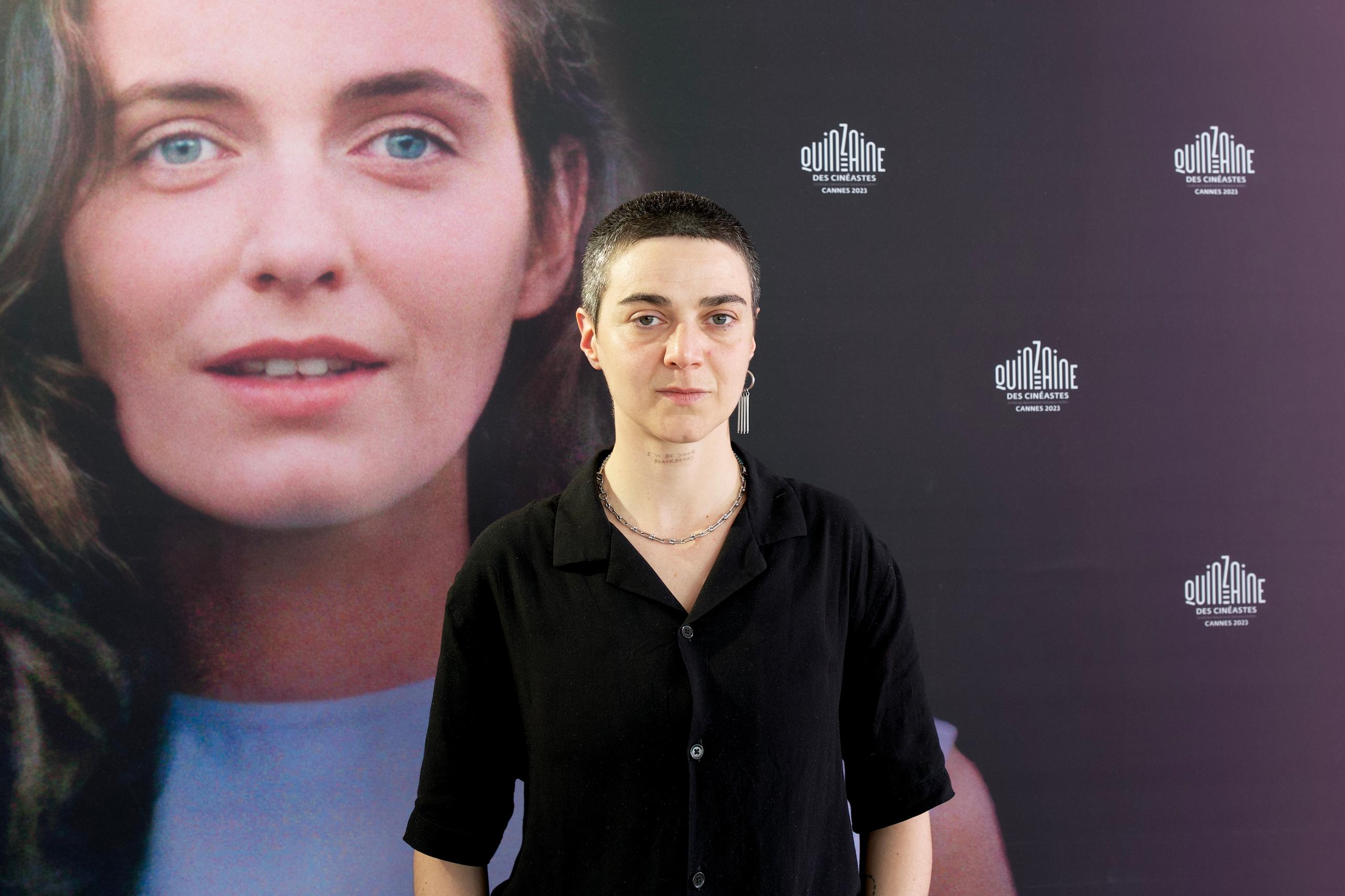
Geneva-based Elene Naveriani’s Blackbird Blackbird Blackberry was the most remarkable Swiss film to premiere at Cannes this year, exploring taboos and marginalised figures in the Georgian director’s home country.
A middle-aged, raven-eyed woman, Etero (Eka Chavleishvili), walks alongside a mountain dirt road, picking blackberries. She looks up at a blackbird arching above her, turning in front of the sun. It startles her; she loses her footing, sliding awkwardly down the craggy edge of the ravine by the road. Clawing at the dirt and rocks, she just about manages to stop her fall before she reaches a precipitous drop.
Back at the small shop she owns in the local village, Etero washes up, wipes the blood from her scratches, and, seemingly in response to her brief proximity to death, has sex with the first man who walks in the door: married deliveryman Murman (Temiko Chinchinadze). She later mumbles to herself that, well, this brief encounter has finally ended 48 years of virginity.
So begins Blackbird Blackbird Blackberry by Elene Naveriani, a film based on Tamta Melashvili’s feminist novel of the same name, and which premiered last month in the Directors’ Fortnight (Quinzaine des cinéastes) at the Cannes Film Festival.
In 2021, Naveriani, who is non-binary and uses the pronouns they/them, made a name for themself when their understated but sumptuous queer Black Sea western Wet Sand was met with considerable acclaim after its debut screening at the Locarno Film Festival. A stark, penetrating melodrama, Naveriani’s film was a standout among the Cineasti del presenti (Filmmakers of the Present) section for first-and second-time filmmakers, and was marked by a vigorous and classical approach to an unclassical subject matter: the long-buried secrets of two gay lovers in a Georgian fishing village.
Naveriani’s premiere last week at the Cannes Film Festival was of a different calibre. The Directors’ Fortnight has long been one of the key incubators of major talents on the international festival circuit, a parallel and more radical iteration of the Cannes Official Selection founded after the upheavals of May 1968. This edition was no exception.
Georgia on their mind
Born and raised in Tbilisi, Georgia, Naveriani emigrated to Geneva after Russia began shelling Georgian villages in 2008. And although all their films – the two already mentioned as well as their three shorts and first feature, I Am Truly a Drop of Sun on Earth (2018) – have been shot in Georgia about Georgian subjects, Naveriani has studied, worked, and lived in Geneva since then.
I met Elene Naveriani after a lunch for the filmmakers in the Directors’ Fortnight hosted at one of the many interchangeable beachfront restaurants along the Croisette promenade in Cannes.
“I was a painter,” Naveriani told me. “But I found that it was very solitary work, and therefore left me unsatisfied.” Indeed, it’s obvious from their films that the idea of a community, with all its myriad contradictions, is a profoundly important facet of artmaking for them. “Well, cinema is about building an ideal society, a society you want to live in, but here within this special group of your making, a team dedicated to producing this one story.”
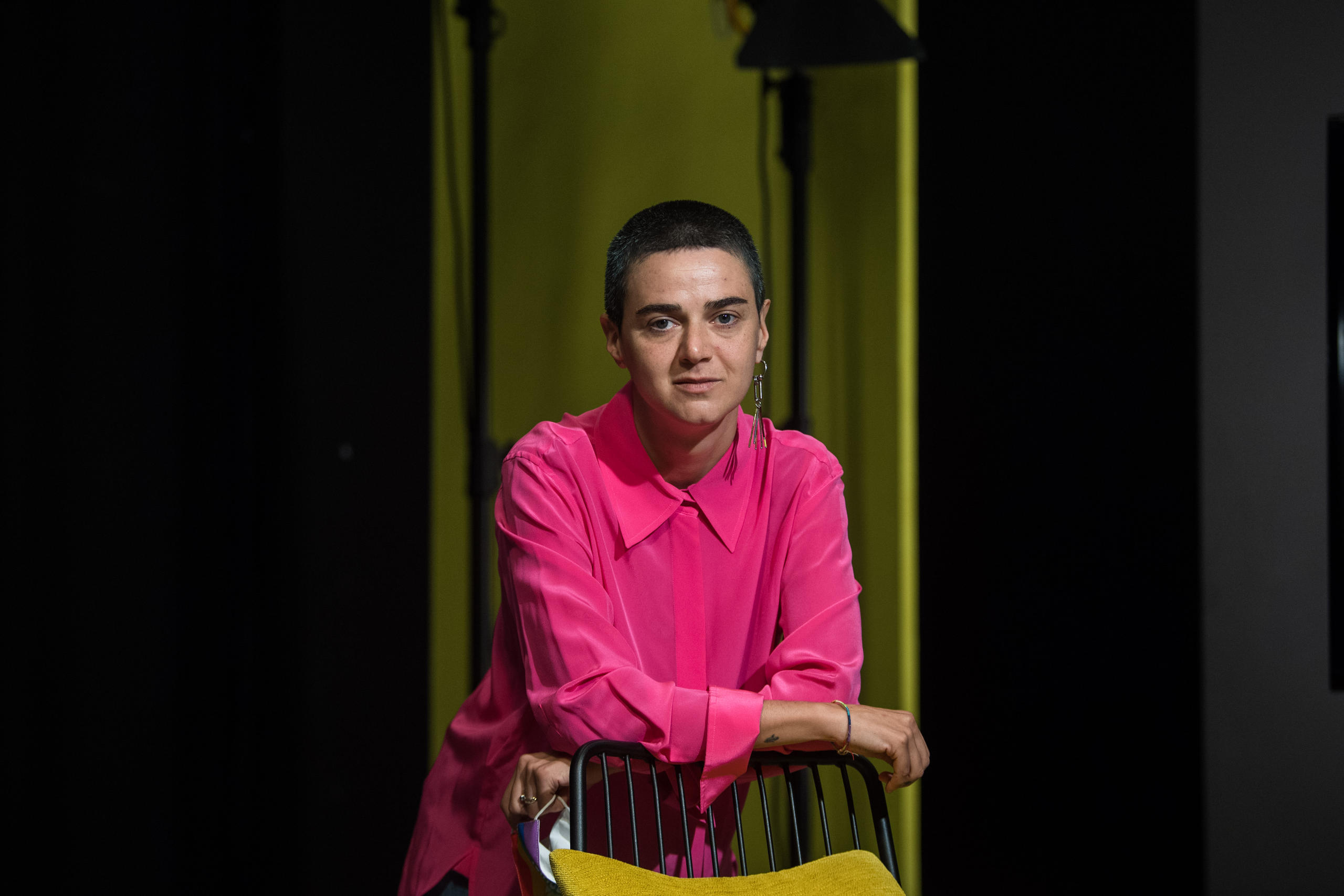
Sex and social exclusion
Both Wet Sand and Blackbird Blackbird Blackberry are about the ways that conservative rural communities can marginalise and destroy those deemed outsiders, whether for their sexuality or apparent lack of it.
From Blackbird Blackbird Blackberry’s outset, the women in this village not far from Tbilisi find it baffling that Chavleishvili’s Etero, after a painful life with now-departed relatives, finds contentment in a solitary existence with simple rewards: maintaining her store, picking blackberries, and so on.
In Naveriani’s films, psychological wounds inflicted upon these marginal figures never truly heal, and yet liberation can also come from this very exclusion – from the feeling that being free of the quotidian burdens of a dreary marriage or a bickering circle of friends might actually be worthwhile in and of itself.
Thus the arrival of love in her life – a complicated love, since Murman is married – is a potential danger and threatens an even more brutal social exclusion. Indeed, some of the film’s most tender moments depict Etero living a fulfilling life in her private world, whether luxuriating in every forkful of a cake or lying naked with her legs up against the wall, smiling as she texts her lover.
In our conversation, Naveriani was clear that they too struggled to find their place in Georgia’s socially conservative society, even before the outbreak of war made it a necessity to move elsewhere. “I simply realised that I couldn’t stay there anymore; once I got accepted at a school in Geneva it seemed even clearer.”
That school is the Haute École d’Art et de Design (HEAD), at which Naveriani encountered several communities of artists that have sustained them while in Switzerland. “I moved to Geneva to study critical theory. Which was also something very different. It wasn’t linked with art and making art. But my taste in cinema meant I was always more associated with more alternative communities, collaborative workers, groups that were doing fewer individual works and more work together.”
Avoiding avant-garde solitude
When I asked who were the filmmakers important to them, Naveriani mentioned experimental artists like Barbara Hammer External linkand Kenneth Anger.External link This seemed a crucial point; avant-garde artists invariably rely on community projects to survive and distribute their work, but it is nonetheless obvious that experimental film of the type which influenced Naveriani is a more solitary artform than that of Blackbird Blackbird Blackberry.
While modest by international standards, Naveriani commanded a crew of 50 or 60 people. “It’s a bit intense, but at the same time you know that the reason they are there is because they have this love for the project, they are looking up at you – it gives you confidence.”
Naveriani does not reject traditional narrative, as much underground film does; far from it, they are a remarkable storyteller, clear-eyed in structuring each sequence and then in stitching them together into an elaborate narrative tapestry.
In producing films, they have clearly landed on a balance between the benefits and trade-offs of both Switzerland and Georgia. “Every place, every country has its own unique element,” they told me. “But for a long time, Georgia was very ‘closed’ in a way, there was not much getting through. So when I arrived in Geneva, it was a revelation, it shaped a lot of things, many of my ways of thinking.”
Politics, politics
A Georgian journalist at our table repeatedly tries to goad Naveriani into making a statement about specific political points, asking, for example, about the motto on Georgia’s coat of arms and whether its promise – unity – will ever be fulfilled. Naveriani shrugs it all off, seemingly wary of the vagueness of the questions.
The question sounds a bit odd, especially since Naveriani’s films are also about the violence of unified cultures or subcultures and about the personal or political liberation of outsiders. Evidently for Naveriani, Georgia was better served by being addressed from Geneva. “You can look at it more clearly from afar, and the way how you see things changes. Things that weren’t visible for me before are clearer, and I could approach them differently from this different place.”
While Naveriani’s cinema is indisputably political, they were much more comfortable leaving that subtext to speak for itself, instead of talking about, for instance, the essence of a gesture. “Everybody is a body, every body carries a history. Gesture speaks a lot about us, about who we are. That’s what I enjoy in framing a film, putting these things together.”

In compliance with the JTI standards
More: SWI swissinfo.ch certified by the Journalism Trust Initiative


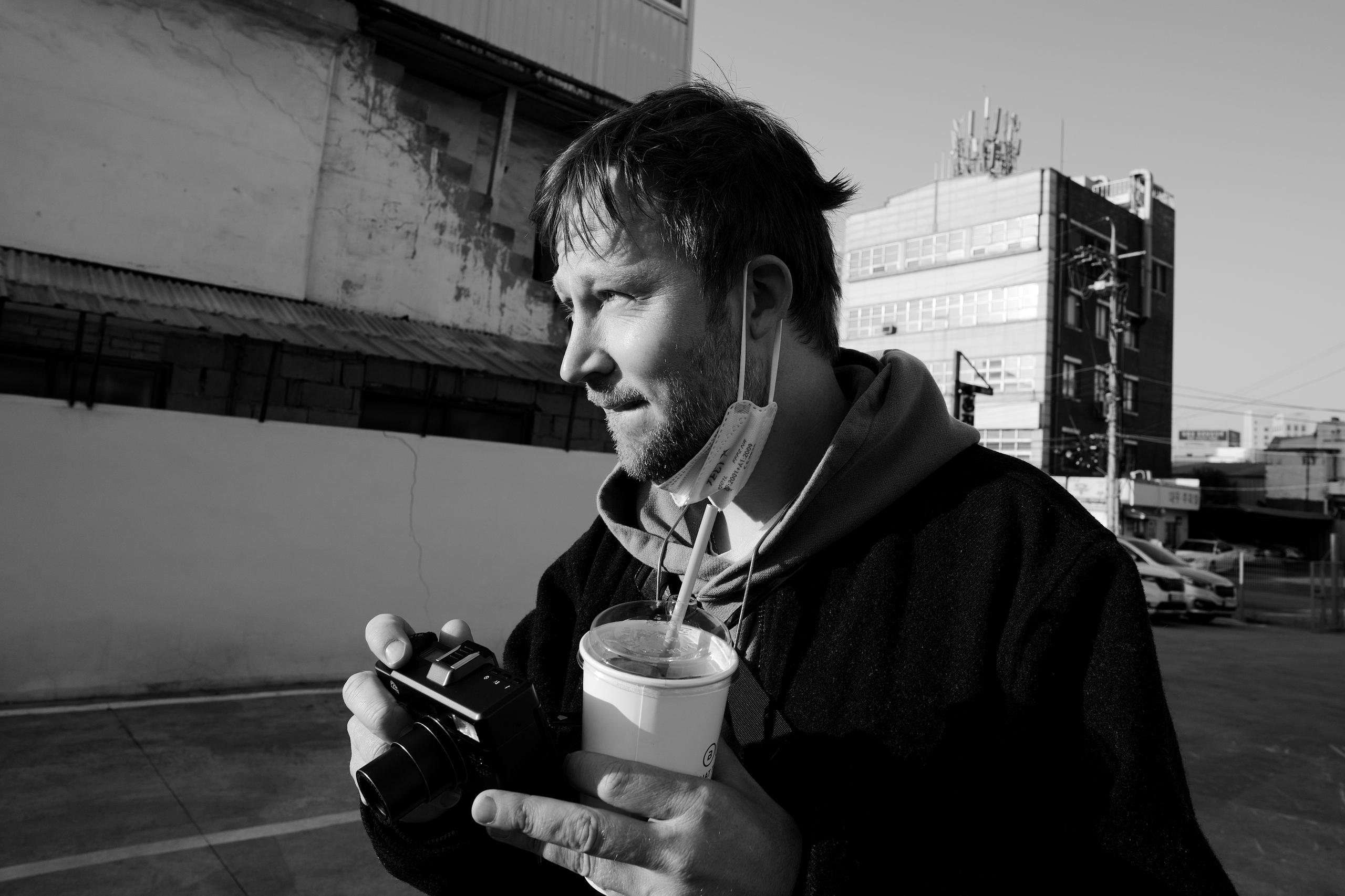
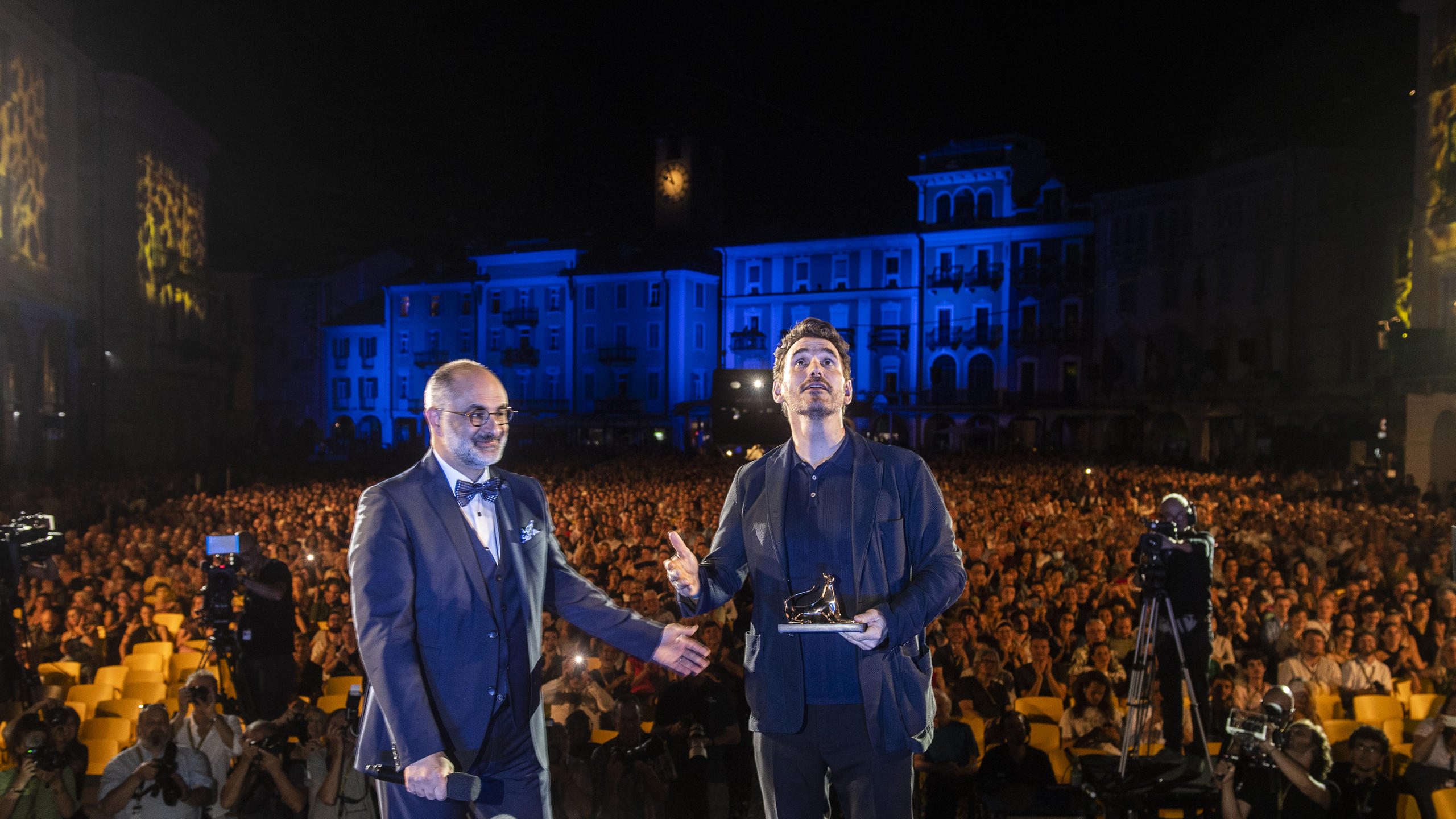
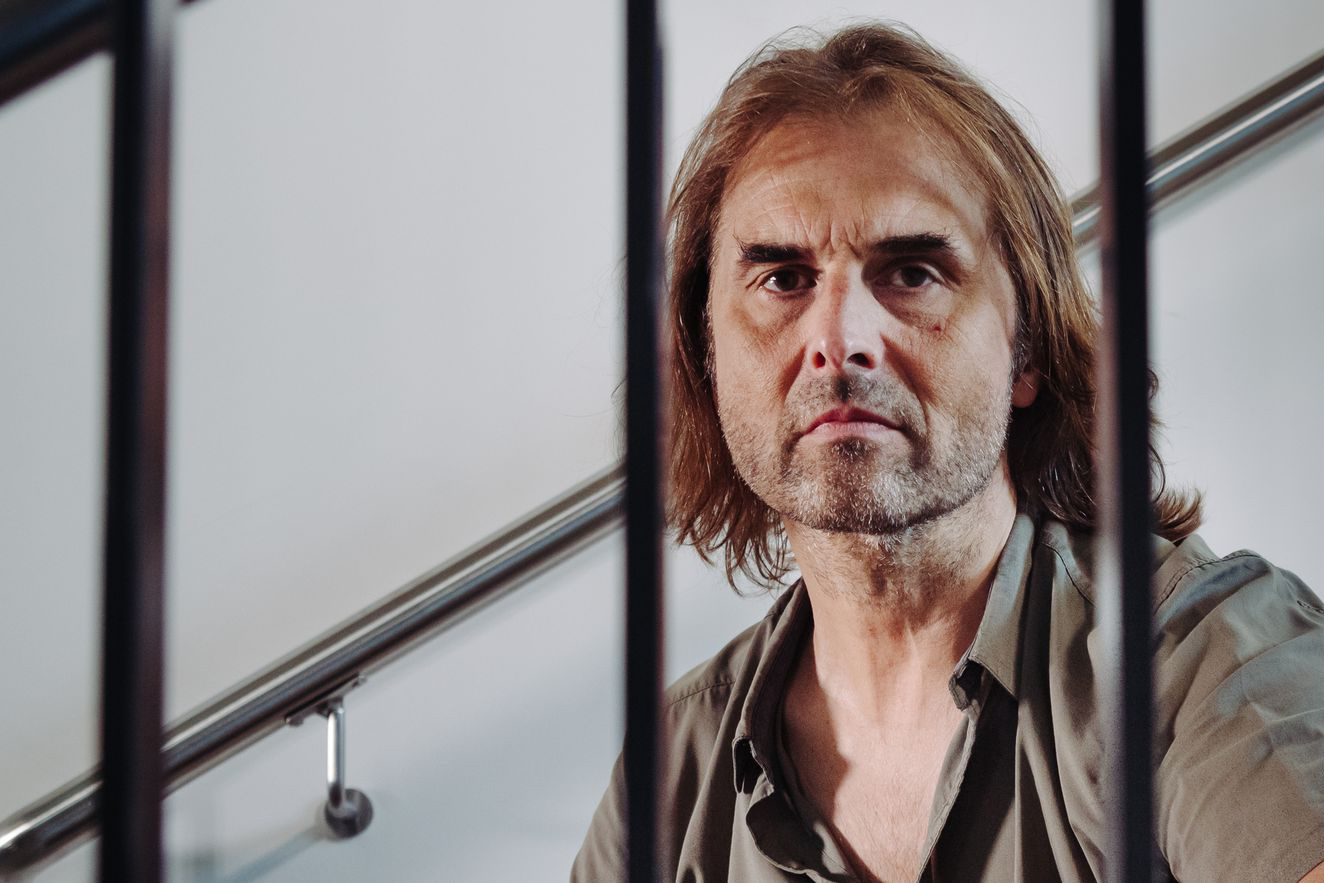
You can find an overview of ongoing debates with our journalists here . Please join us!
If you want to start a conversation about a topic raised in this article or want to report factual errors, email us at english@swissinfo.ch.